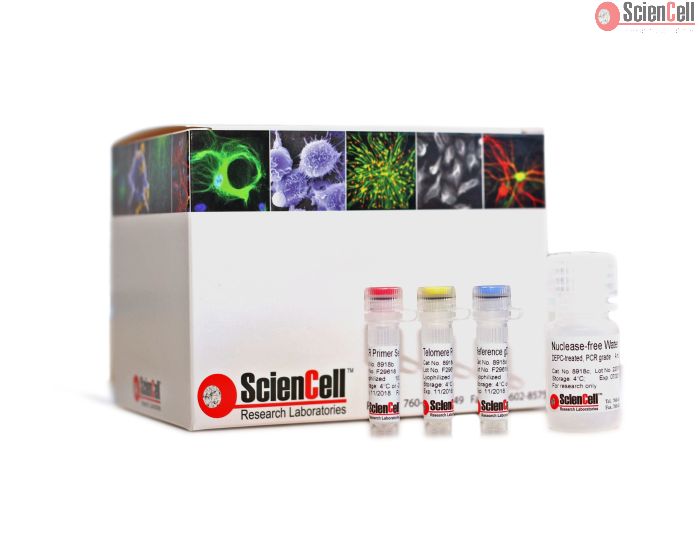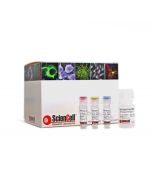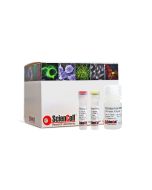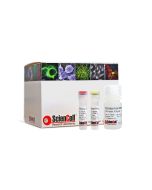Absolute Mouse Telomere Length Quantification qPCR Assay Kit
Catalog No.
M8918
ScienCell's Absolute Mouse Telomere Length Quantification qPCR Assay Kit (AMTLQ) is designed to directly measure the average telomere length of a mouse cell population.
Read our blog post:
Aging and Telomere Length Quantification by qPCR
For your convenience, now qPCR master mix is included!
$395.00
In Stock




